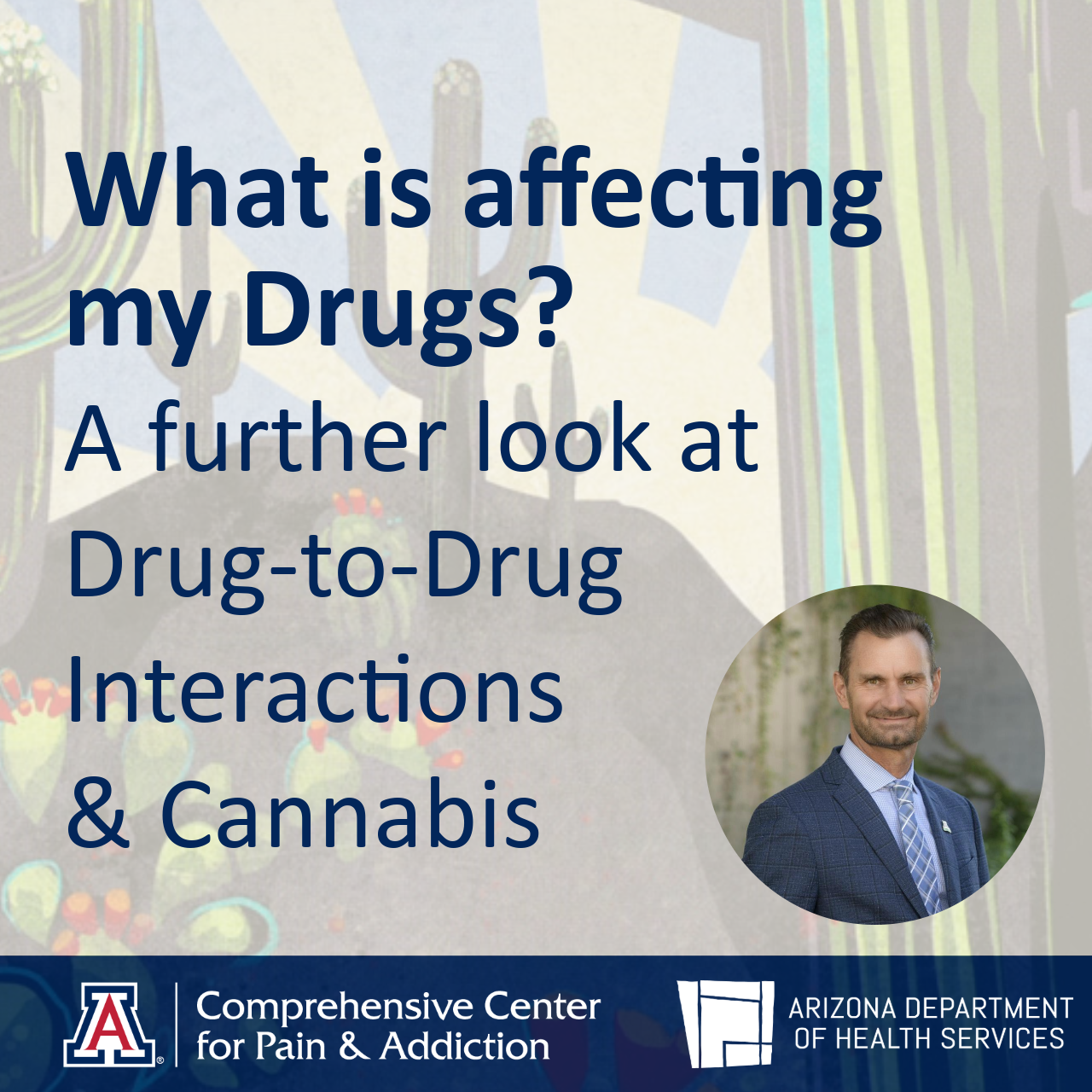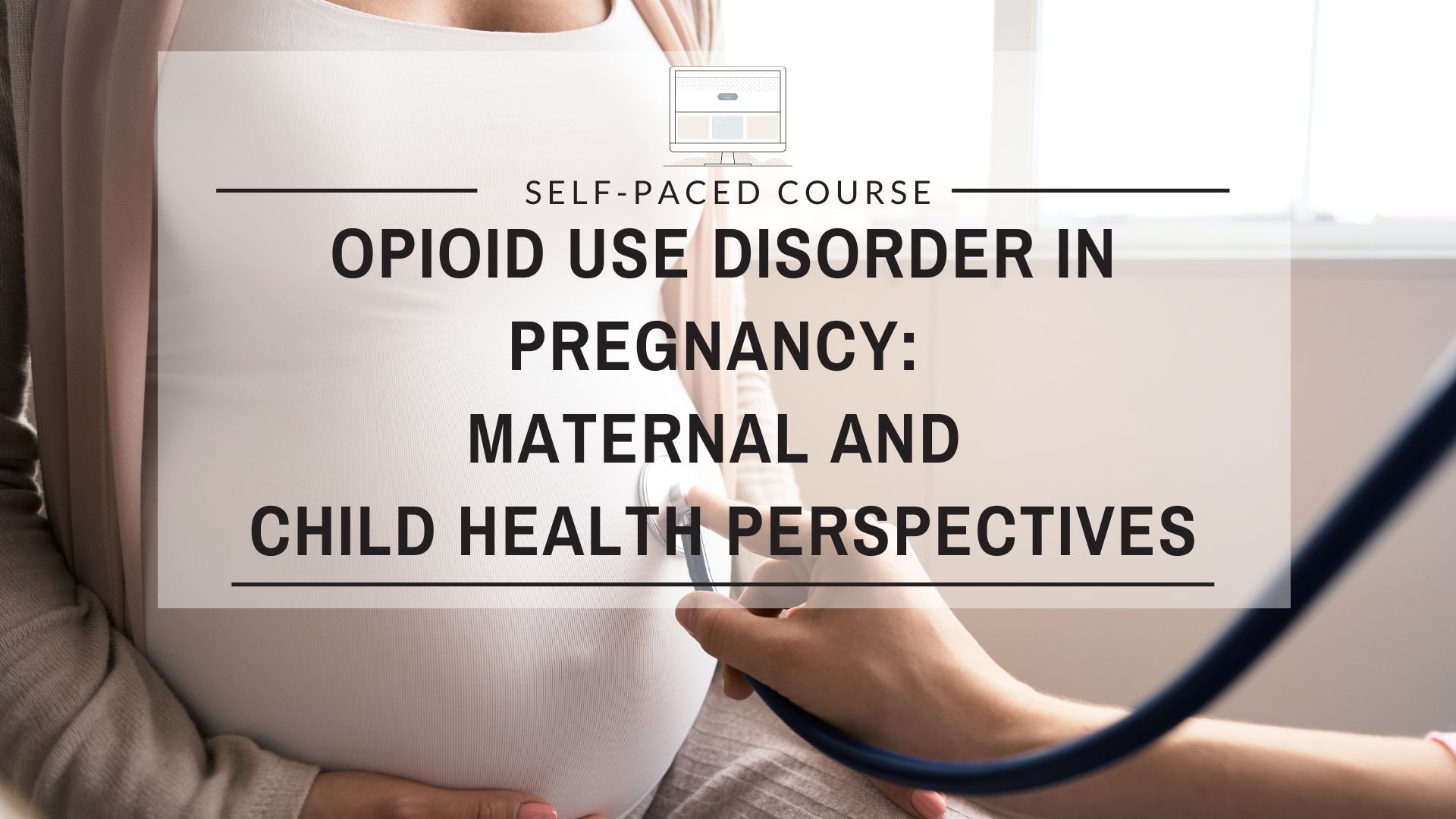Available courses
Pain and unhealthy substance use continue to be urgent public health priorities. This four part asynchronous learning activity provides learners with an overview of laws and policies for caring for people who use drugs and/or are in recovery, best practices for clinical care, opportunity to practice information learned, and understanding the relevance of self-care as professionals.
This training offers Continuing Education (CE) Credits: 3 Credit Hours
ArMA (Physicians), CBRN (Nurses), NASW (Social Workers), NCHEC (Certified Health Education Specialists), SHRM (Human Resources)

- BRTeacher: Brianna Rooney
This course provides an overview of the endocannabinoid system and its role in regulating brain and body processes. It examines the mechanisms by which cannabis interacts with receptors, reviews current research on potential therapeutic benefits, and highlights studies identifying possible risks. The session concludes with a summary of the need for further high-quality research to better understand cannabis and its clinical implications.
This training offers Continuing Education Credits (CEs) : 1.0 credit Hour.
AMA (Physicians), NCPD (Nursing), CPE (Pharmacy), Interprofessional Continuing Education (CPE)

This course provides an overview of the endocannabinoid system and its role in regulating brain and body processes. It examines the mechanisms by which cannabis interacts with receptors, reviews current research on potential therapeutic benefits, and highlights studies identifying possible risks. The session concludes with a summary of the need for further high-quality research to better understand cannabis and its clinical implications.
This training provides Continuing Education Credits (CEs) : 1.0 credit Hour.
AMA (Physicians), NCPD (Nursing), CPE (Pharmacy), Interprofessional Continuing Education (CPE)

- SCTeacher: Sean Cronin
This course provides an exploration of the role of medical cannabis in managing chronic pain. Through a harm reduction framework, students will learn about the risks and benefits of cannabis use for pain management, as well as its potential interactions with other medications and mental health conditions. The course will also delve into current research on cannabis efficacy for non-cancer chronic pain, with a mention of different medical conditions, including anxiety, epilepsy, and nerve pain. By the end of this course, students will be able to make informed decisions about safe and responsible cannabis use, identify red flags, and apply best practices in patient care.
This training provides Continuing Education (CE) Credits: 1 Credit Hour
ArMA (Physicians), CBRN (Nurses), NASW (Social Workers), NCHEC (Certified Health Education Specialists), SHRM (Human Resources)

- SCTeacher: Sean Cronin
This CE highlights the discussions and insights focused on the intricate dynamics of drug-to-drug (DDI), drug-to-cannabis (DTCI) interactions, cannabis contamination, and methodologies to improve health outcomes in practice for effective treatment.
The webinar provides a comprehensive overview of interactions between medications and cannabis, shedding light on the mechanisms underlying DDI and DTCI. Attendees will gain insights into the interactions between various pharmaceuticals and cannabis, with a particular emphasis on the potential implications for patient safety and therapeutic efficacy. Outcomes will help with how cannabis and specific components within cannabis (e.g., Tetrahydrocannabinol (THC), Cannabidiol (CBD), etc.) may alter the levels and duration of other medications allowing physicians to adjust dosing.
This training provides Continuing Education (CE) credits: CE Contact Hours Available: 1 Credit Hr
ArMA (Physicians), CBRN (Nurses), NASW (Social Workers), NCHEC (Certified Health Education Specialists), SHRM (Human Resources)

- Examine the recent trends and health impacts of polysubstance use during pregnancy.
- Explore evidence-based approaches for screening, diagnosis, and treatment of Opioid Use Disorder (OUD) in pregnancy.
- Develop strategies to address barriers to OUD care during pregnancy to improve maternal and child health outcomes.
Continuing Education: This course is pending approval for continuing education credits.

This training provides an overview of the neurobiology of pain and treatments including complementary options. Dr. Ibrahim shares his research on the health benefits of green light therapy for certain painful conditions.
Learning Objectives:
- Analyze opioids and complementary treatments for pain.
- Examine the evidence surrounding green light therapy.
- Evaluate options in rural settings.
Target Audience: Duration: 60 minutes
Format: Recorded Presentation
Disclosures: The planners, reviewers, and authors have no declared conflicts of interest.

More than 5 people a day die from an overdose in Arizona. Naloxone is a life-saving drug that has the potential to reverse an overdose. Lena Cameron, BS and Bianca SantaMaria, MPH lead this training for community health workers to learn how to recognize an overdose and administer naloxone.
Learning Objectives:
- Define terms such as "adverse childhood experiences," Trauma," Substance Use Disorder," "Naloxone," and others.
- Summarize the current opioid epidemic in Arizona.
- Identify the relationship between trauma and substance use.
- Recognize signs of an opioid overdose.
- Show ability to respond to an opioid overdose using naloxone.
- Identify aftercare next steps, including where to refer to resources.
- Define risk reduction messages and resources to share with clients and communities.
Target Audience: Duration: 20 minutes
Format: Recorded Presentation (5/11/2023)
Disclosures: The planners, reviewers, and authors have no declared conflicts of interest.

Skip course categories
